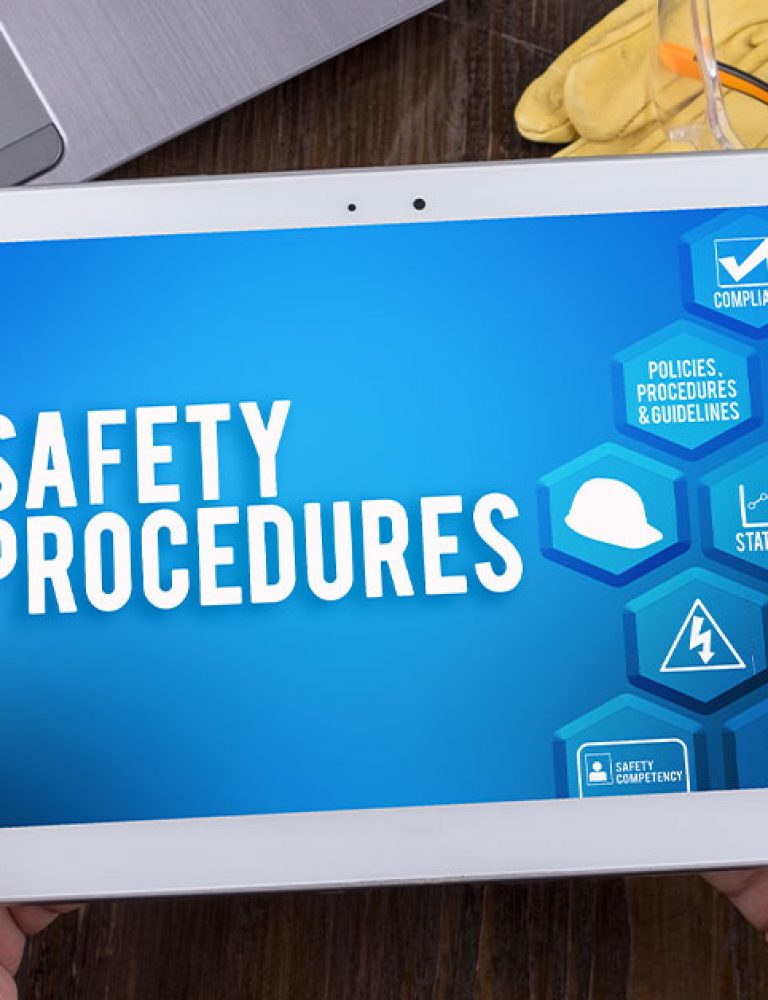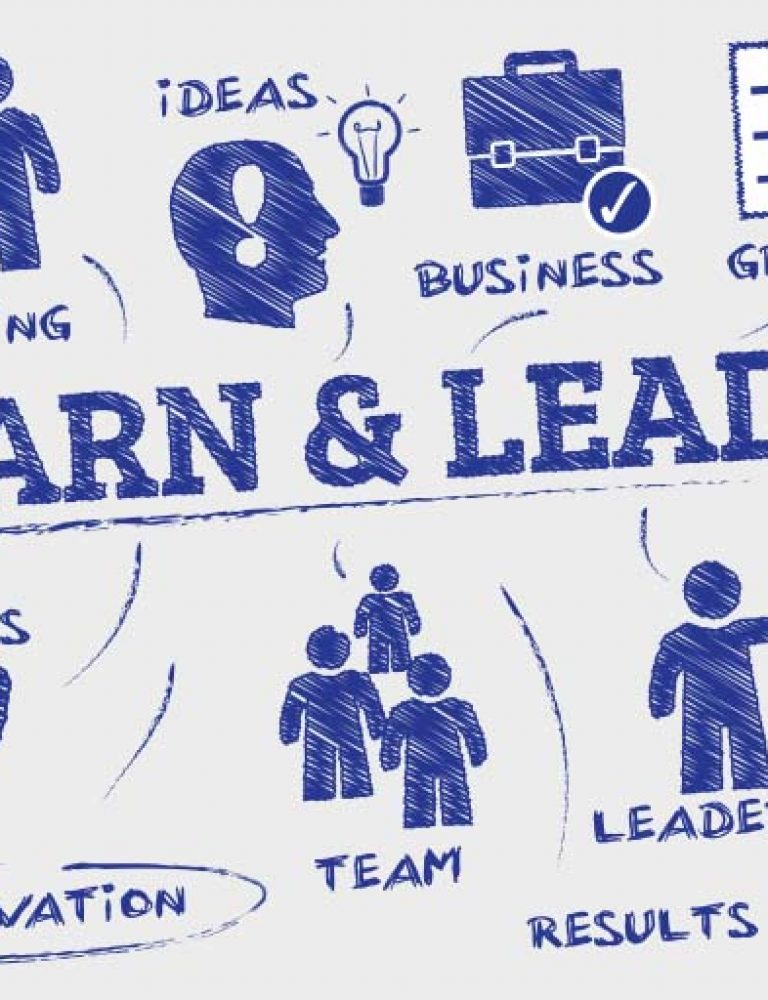What is augmented reality (AR)?
Augmented reality (AR) is the integration of digital or computer-generated perceptual information with the user’s real-world environment. It is different from the virtual environment in that unlike virtual reality, augmented reality does not create an artificial environment. Instead, it uses the real environment and superimposes new computer-generated information to create an enhanced version of what one sees, hears, feels, and smells. In that sense, augmented reality is more connected to the real world than virtual reality.
Augmented reality in eLearning
Augmented reality is being widely used to augment learning environments and make them more supportive of the varied needs of the learners. Tim Cook, CEO, Apple Technologies, views AR as ‘profound’ and finds it the next big thing in learning, so much so that he recently said that the current AR apps “make me want to go to K-12 again and repeat my schooling because it changes the game in the classroom.”
Here is how augmented reality is transforming the eLearning industry.
Augmented reality in school settings
AR adds several interesting possibilities to traditional classroom settings. For example, while learning about the planet, Mars, students can put on some AR tools and be transported to Mars for a ‘first-hand’ experience of the planet’s surface and environment. The learner’s experience is enhanced multiple times as the AR factors in a layer of ‘reality’, ‘adventure’, mystery’ and ‘puzzle-solving’, thus making learning a more immersive experience.
Then again, take the case of teaching a foreign language, for example, English in Indian classrooms. AR can be used to transport students to an English classroom to give them a sense of the language, its use, and cultural context. In other words, the language is no longer interpreted as an isolated piece of a puzzle – rather using AR tools, the piece can be seen in its context, how it fits in and the role it plays in completing the picture. Augmented Reality, thus, adds a contextual layer to the learning process. It also extends linear learning to a multisensory experience, thus adapting to the needs of varied learning abilities.
Augmented reality in corporate training
Augmented Reality also adds a whole new dimension to corporate training. Till some years back, corporate learning materials were restricted to the use of static images, diagrams, and charts on computer screens. AR gives end-users the opportunity to experiment with and manipulate 3D models and demos and learn about the individual components. Take the case of a clickable 3D model of a manufacturing equipment. Learners, on their mobile apps, can familiarize themselves with every component, learn about its features and their use in a simulated environment.
Augmented reality in high-risk learning scenarios
AR finds usage in high-risk training sectors, such as the defense sector. The trainees can hone their skills with machines and equipment in a safe environment. Also, since AR imitates every aspect of a real-time situation, learners can experience the stress and pressure of the actual situation. In a simulated environment, in both these kinds of situations, trainees can practice their skills without fearing the consequences of a wrong step. In fact, they can take the wrong steps to understand the enormity of consequences in real-life situations.
To sum up, AR creates an enhanced environment of the existing reality by superimposing it with a digital context. In this environment, learners can practice their skills without harm and can make mistakes to learn from them. For young learners and corporate trainees, it creates an immersive and interactive experience extending their learning to a multisensory experience. Augmented reality solutions are already mainstream in many industries, including defense, healthcare, hospitality, and healthcare. Moving forward, more and more industries are expected to open their doors to augmented reality and the opportunities that this exciting technology provides.
DISCOVER HOW A MOBILE-FIRST TRAINING PLATFORM CAN HELP YOUR ORGANIZATION
Kitaboo is a cloud-based platform to create, deliver & track mobile-first interactive training content.
You May Also Like
-
-
Benefits of Delivering Online Health And Safety Training Program
Employee Training / February 13, 2024








Leave a Comment